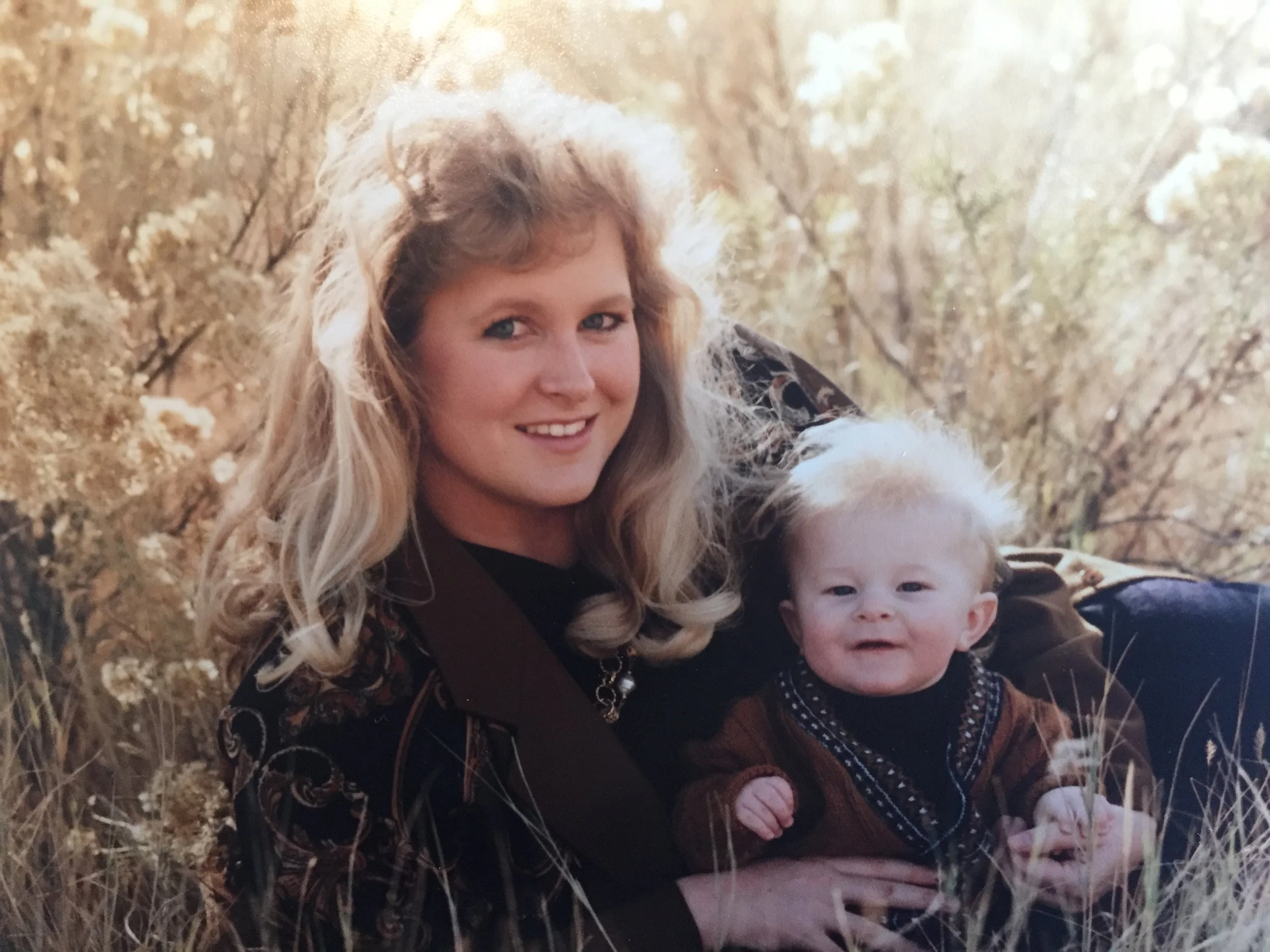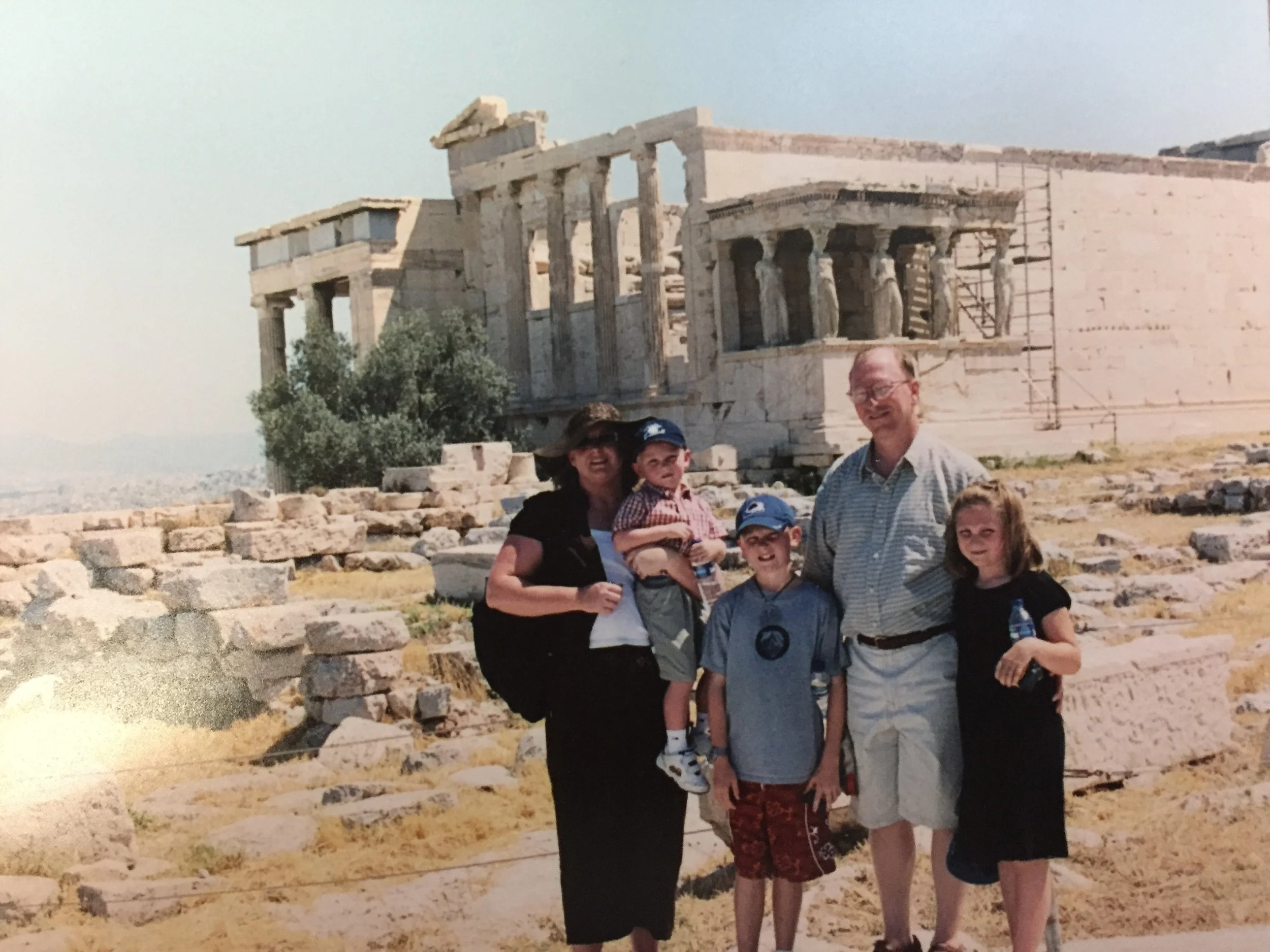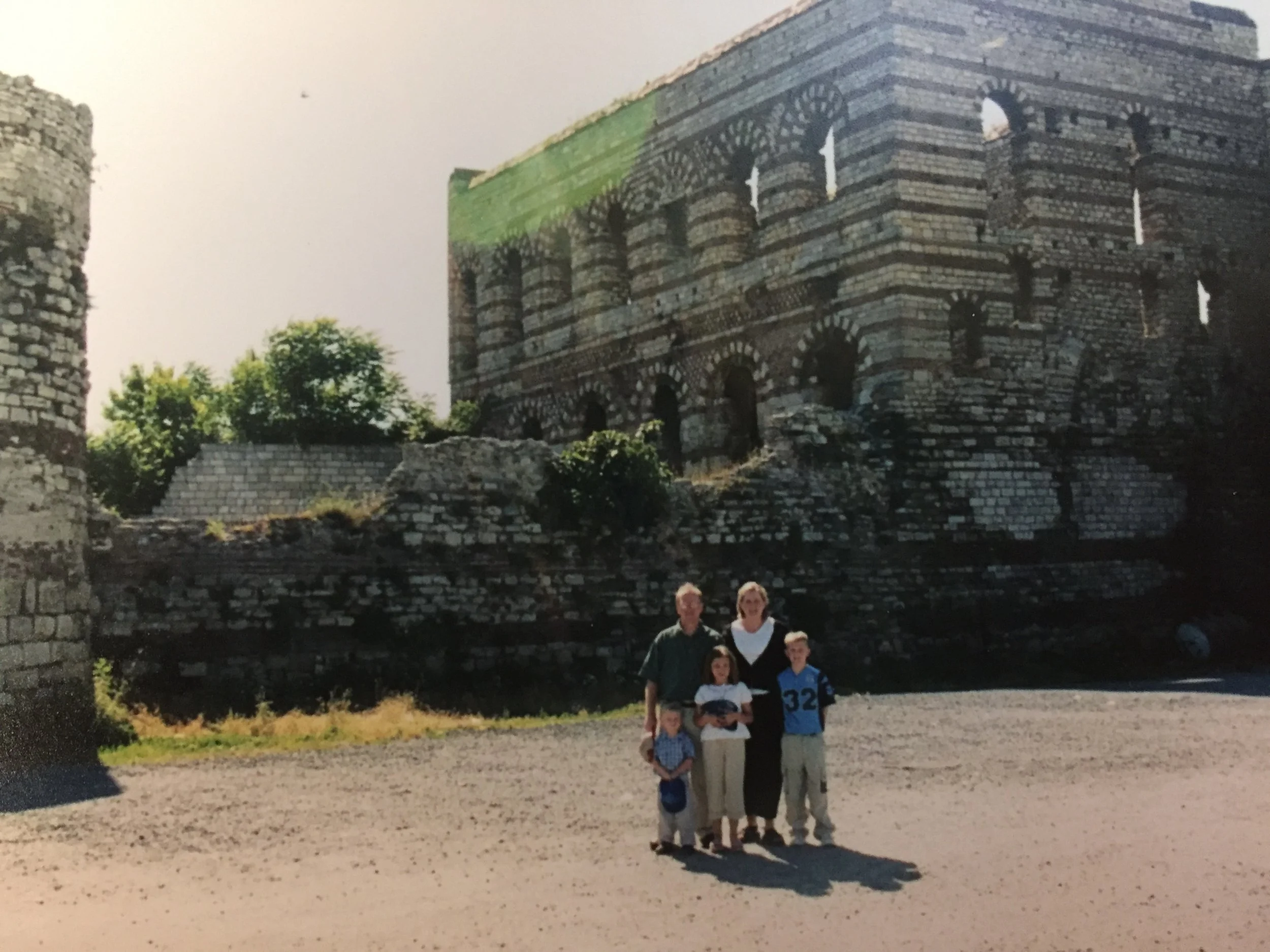
The Unexpected Life
A Life of Love, Resilience, and Unstoppable Joy—Finding Strength Through the Unexpected.
Featured On
-
Forbes
-
KSL
-
Who The (Bleep) Did I Marry?
-
American Greed
-

Betrayal: Weekly True Crime podcast
ANDREA MERRIMAN speaks nationally and internationally to private companies, Fortune 500 companies, corporate boards of directors, financial institutions, government organizations and examiners, higher education groups, women’s organizations, and a variety of non-profit groups.
Featured on Forbes, blogs (including “Mile High Mammas” and “The Unexpected Life”), podcasts (such as AARP, “Betrayal” and others), television productions (including “American Greed”, “Who The Bleep Did I Marry?” and more slated for release this year), Andrea tells an unforgettable story about discovering she was married to a Ponzi Schemer dubbed “The Mormon Madoff” by media, and the horrifying aftermath that resulted from her husband’s crimes.
A mother of four, author and keynote speaker, certified Gallup Strengths Coach, a private career coach and Career Director at Brigham Young University, Andrea Merriman is passionate about helping others survive and thrive in The Unexpected Life.
Testimonials
“Andrea is a smart, articulate woman who tells it like it really is and spares no punches. This is probably the most real and meaningful presentation I’ve ever heard.” (Steve Albrecht, former BYU professor, certified public accountant, certified internal auditor, certified fraud examiner, expert witness in 38 major fraud cases including Enron, Adelphia, Cendant, and Tyco, and author/co-author of 25 books and over 125 articles.)










